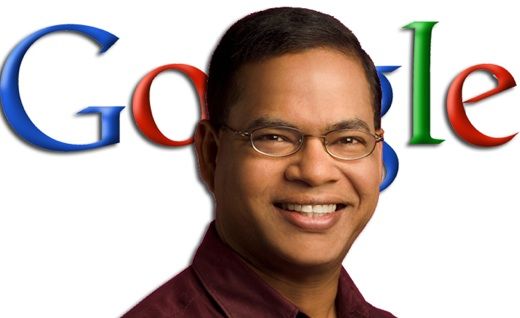Google announced a new upgrade yesterday, codenamed Hummingbird, which it says interprets more complex queries better.
The announcement occurred one day before the company’s fifteenth anniversary.
The announcement of Hummingbird took place at Google senior VP Wojcicki’s old house in Menlo Park, Calif., where the company operated out of the garage during its early years.
This is the first major upgrade since Panda in 2011.
Hummingbird, which has been in operation for over one month, is said to affect approximately 9 in every 10 searches.
In a presentation yesterday, Google said the new algorithm is especially apt at responding more accurately to long and complex requests.
According to Google, users today are expecting conversational interactions with their search engine. People want to be able to utter rather than type in their queries when using smart watches, smartphones and other wearable communications devices.
While Caffeine, one of Google’s predecessors was aimed at indexing websites better, Hummingbird concentrates more on ranking data based on a more sophisticated understand of search requests.
Hummingbird understands more than mere words. It is able to pick up on the communicative concepts of words and phrases, which according to Google, results in smoother and more coherently relevant interactions.
“Today, voice search is actually working.” (Amit Singhal, senior VP Google Search)
Hummingbird – an extension of Google’s Knowledge Graph
Google says that Hummingbird is an extension of its “Knowledge Graph” concept that was introduced in 2012.
By expanding the use of the Knowledge Graph, Hummingbird can make the search engine provide answers to queries that do not necessarily have straightforward answers.
Amit Singhal, senior VP of Google Search, wrote in his blog that a search such as “Tell me about Impressionist artists,” now responds with a range of appropriate data when submitted through a mobile communication device.
The search engine now includes comparison tools. Singhal wrote:
“…or let’s say you want to compare two things: How much saturated fat is in butter versus olive oil? Now you can simply tell Google: ‘Compare butter with olive oil.’ Our new comparison tool gives you new insights by letting you compose your own answer.
You can try this for some other things you might be curious about, such as dog breeds (“compare pekingese vs. chihuahua”) or celestial objects (“compare earth vs. neptune”)—and we’ll keep adding more.”
Google algorithms are updated several hundred times each year. However, the updates are mostly too subtle to notice.
When it carries out major updates, the company gives each one a name, for example:
- Caffeine – June 2010
- Panda – February 2011
- Penguin – April 2012
- Hummingbird – Summer 2013

